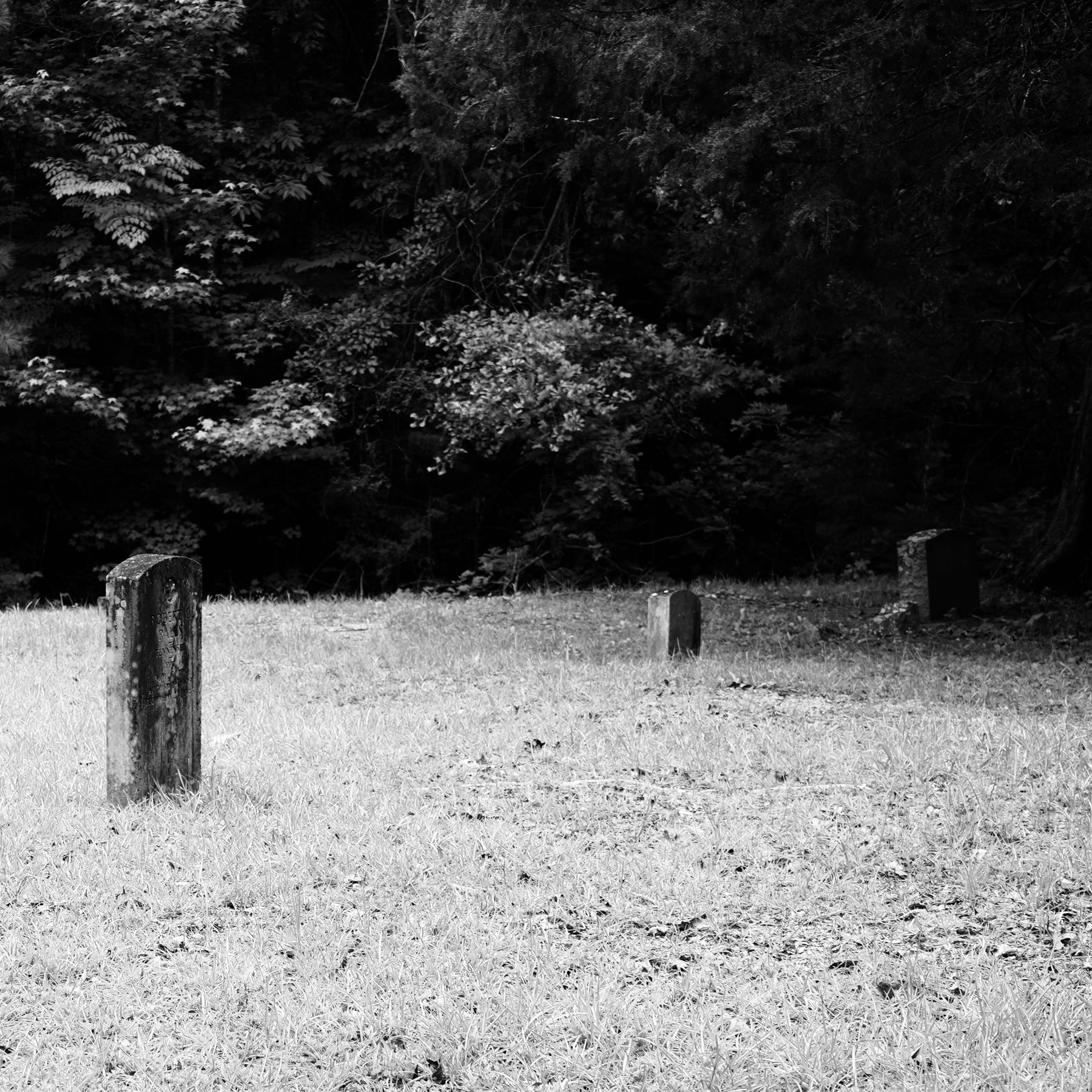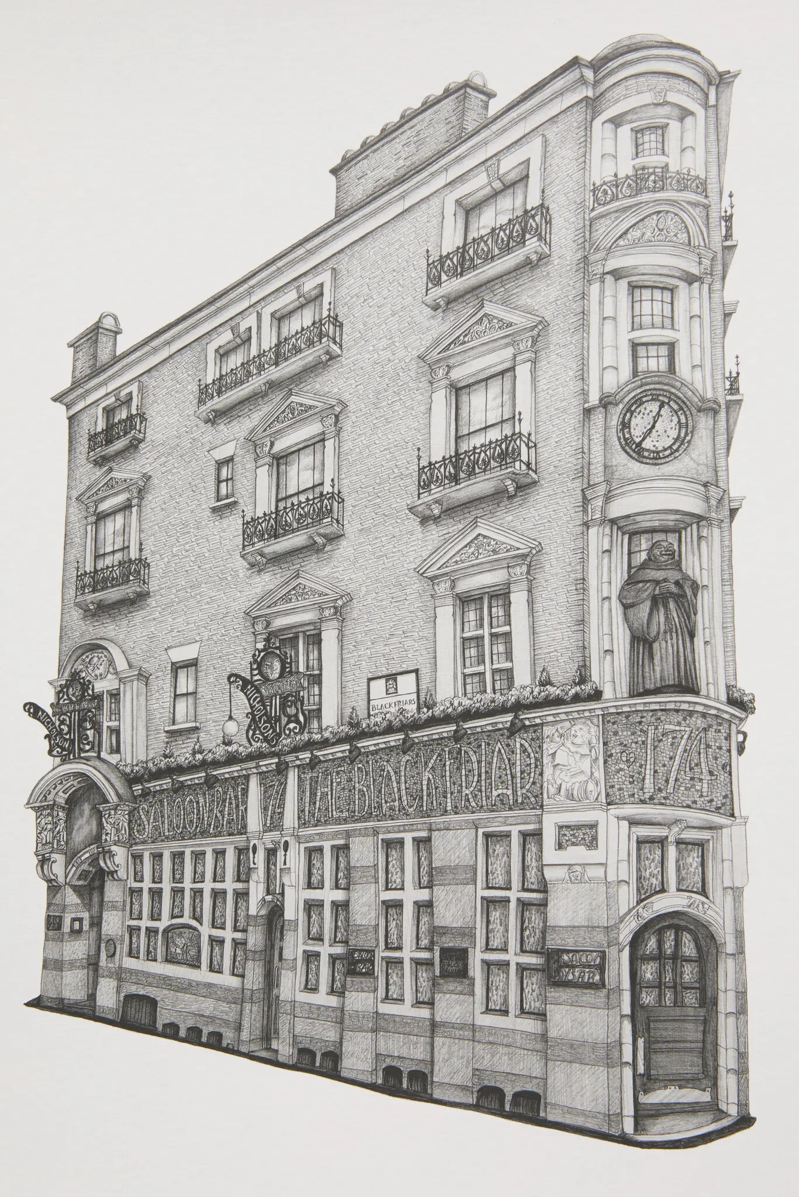A wonderful explanation by David Bennett of the gloriously eccentric harmony of the Beach Boys' “God Only Knows.”
NYT (gift link): “What does a human slowly going insane look like to a corporation? It looks like an additional monthly user.”
Pet Sounds and a Last Word — for Brian.

I wrote about why I love demos, with lots of examples.
AI as Normal Technology | Knight First Amendment Institute:
The methods-application distinction has important implications for how we measure and forecast AI progress. AI benchmarks are useful for measuring progress in methods; unfortunately, they have often been misunderstood as measuring progress in applications, and this confusion has been a driver of much hype about imminent economic transformation.
For example, while GPT-4 reportedly achieved scores in the top 10% of bar exam test takers, this tells us remarkably little about AI’s ability to practice law. The bar exam overemphasizes subject-matter knowledge and under-emphasizes real-world skills that are far harder to measure in a standardized, computer-administered format. In other words, it emphasizes precisely what language models are good at — retrieving and applying memorized information.
And Gary Marcus:
If you can’t use a billion dollar AI system to solve a problem that Herb Simon (one of the actual “godfathers of AI”, current hype aside) solved with AI in 1957, and that first semester AI students solve routinely, the chances that models like Claude or o3 are going to reach AGI seem truly remote.
As if all of this hassle wasn’t enough, consider the fact that you have to tend the turntable like a fire, flipping and adding logs as needed. And that’s where all of this inconvenience pays off. Like a fire, those records keep you company, asking for nothing but a little reciprocity and attention in return for sharing their warmth. It’s not something unfair and it’s not something unreasonable. They just ask you to care.
My phone asks me to turn on notifications. It also asks me to share my location data, install updates, and rate my in-app experiences. Sometimes scrolling on it literally makes me car sick but it keeps asking me to scroll, ignorant of my displeasure.
Smartphone life makes me miss the good old days when everything was a little more scarce and a little more meaningful. We missed our friends when we didn’t know what they were up to every second. We looked forward to taking girls on dates instead of staring at strangers on Onlyfans. Going to the video store to rent a few movies was an event in and of itself. What could feel more like the good old days than sitting next to the fire, cell phone on silent in another room, while enjoying the annoying crackle of remnant dust stuck in the supposedly ultrasonically cleaned grooves of a used Tal Farlow record?
Via Robin Sloan.
Beautiful engravings by Rachel Reckitt, for a never-published edition of The Mill on the Floss.

Hopewell Cemetery (1831), near Ashville, Alabama.


I wrote about The Devils’ Citadel (focusing largely on Humphrey Jennings), and now here’s The Devils’ Citadel Extended (focusing largely on John Ruskin).
A useful mental exercise: when people say “AI isn’t going anywhere” or “AI is here to stay,” substitute for “AI” the word “cancer.” A great many things that are here to stay are really bad and should be resisted as energetically as possible. Maybe AI isn't as bad as many fear. But the not-going-anywhere assertion is a way to avoid asking the key questions.
UPDATE: Just after posting this, I saw a review by Brad East of a new book celebrating online worship, and what does the author of the book say? “Church online is here to stay.” Of course he does. But this is even less defensible than “AI is here to stay,” because while it would be very difficult if not impossible to shut down the AI companies, any church can stop offering online worship at any time.
Note that I am not saying that online services are bad. My own parish church offers many online services, and I am not (yet) convinced that it’s as bad a thing as Brad says it is. (But “almost thou persuadest me….”) I am just decrying an all-too-common rhetoric that tries to invoke inevitability as a way of foreclosing debate before it gets started.
Whether on Twitter or Bluesky, nobody learns anything.
I have two words for the administration of Ohio State University: sales resistance.
It’s an odd thing to say about the figure of Jesus in the Gospels, but I’ve always been struck by it — from time to time there’s a deep impatience in Jesus: How can I make this clear to you? You’re an unfaithful generation. He bursts out in exasperation at the disciples. Do you understand nothing? Even in exasperation of the crowds. Jesus said: You’re all looking for miracles.
In a strange way, I feel that’s a rather compelling aspect of the story of Jesus. There’s more going on in him than he can express, and sometimes it kind of bursts out. And when I think of what the divinity of Jesus means in that context, one of the signs of it is that feeling he’s got more to say than human language can carry. As he says in St. John’s Gospel, “I have many things to say to you, but you cannot bear them now.”
And it’s almost as if Jesus goes to the cross saying: The only way of telling you what the love of God is like is to absorb this monumental violent injustice and show you that God is not crushed by it.
The whole conversation (with Pete Wehner) is fantastic.
Terry Eagleton's tribute to Alasdair MacIntyre is the best I've read so far:
All this makes MacIntyre one of the great moral philosophers of the 20th century. He was a radical Scottish puritan, austere and high-minded, who ended up supporting the revival of monasticism and switched his sympathies from the Bolsheviks to St Benedict. His dissent from the priorities of the modern age took an incongruous variety of forms but remained wholly self-consistent. If he turned back to Aristotle and Aquinas, it was in order to move beyond what he saw as the scepticism and subjectivism of the present. His work showed up the limits of rationalism, but was deeply averse to the irrational. It could win praise from both Leftists and conservatives, but gave no comfort to neoliberalism. MacIntyre refused to subscribe to the view that the individual was at the centre of the universe; that reason is timeless and independent of practical social life; and that relations are primarily contractual and actions chiefly instrumental. In contrast with a mean-spirited utilitarianism, he saw society not as a means of individual self-promotion but as a good in itself. He was interested in practices like playing chess or writing poetry whose goods, as he would say, were “internal” to themselves rather than external goals to be pursued.
While Wes and I are on the road, Teri is sending us Angus updates.





